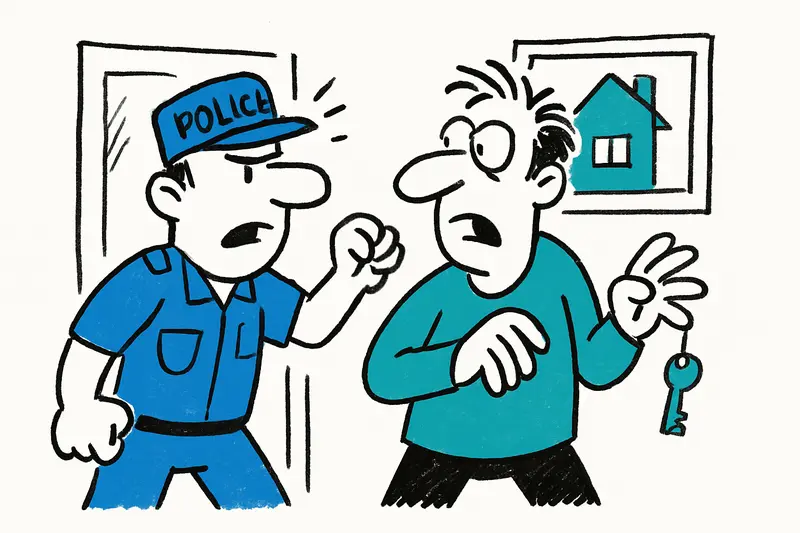The Island Council in Palma has imposed substantial penalties on several illegally rented apartments. Almost all units have since been vacated, but the underlying problems remain.
Police Action Against Illegal Rentals in Palma
These days, walking through the Llevant district, you hear more Spanish, German, and English on the streets — but behind several doors lay another problem: apartments rented to tourists without a valid permit. The Mallorca Island Council has now responded and imposed fines totaling over €300,000.
How did it come about?
The inspection targeted a rental building in Llevant where several apartments were temporarily let to guests. Inspection teams reported discrepancies in registrations and deregistrations, missing documents, and indications that the units were being offered systematically via booking platforms. According to the latest statements, most of the affected apartments have stopped renting illegally.
I spoke with a neighbor who has lived in the neighborhood for ten years: previously you didn't know who lived there. Since COVID, it has worsened, with many apartments changing guests constantly. Such voices are common — a mix of relief when the measures were taken, and skepticism about whether this will help in the long term.
What does this mean in practice?
Fines are meant to deter, but they do not automatically solve the housing problem. Owners who rely too heavily on short-term lets reduce the supply of long-term rentals. That drives up rents in some neighborhoods and makes life harder for long-term tenants — especially families, seniors, and young professionals feel it.
Authorities emphasize that this is a targeted action against commercial, unauthorized offerings. The regulatory requirements in Palma have become stricter, and inspections occur more frequently — sometimes without notice.
My takeaway from the neighborhood
On the way back across Plaça, a cafe owner said: it is good that consequences are finally being drawn, but we also need long-term solutions for affordable housing. That hits the nail on the head. Now it's about linking inspections with clear rules and socially palatable alternatives.
Tip: If you're unsure whether a vacation rental is legal, ask for the registration number before booking and compare it with official records. That saves trouble — and protects the neighborhood.
Similar News
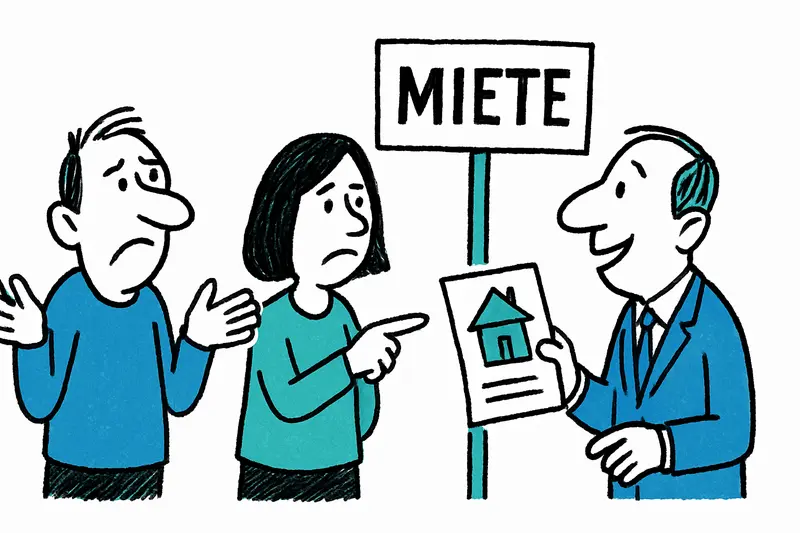
Rental subsidies in the Balearic Islands: More leeway for realistic caps
Madrid will allow regions to set their own maximum limits for rental subsidies. In Mallorca tenants and municipalities h...
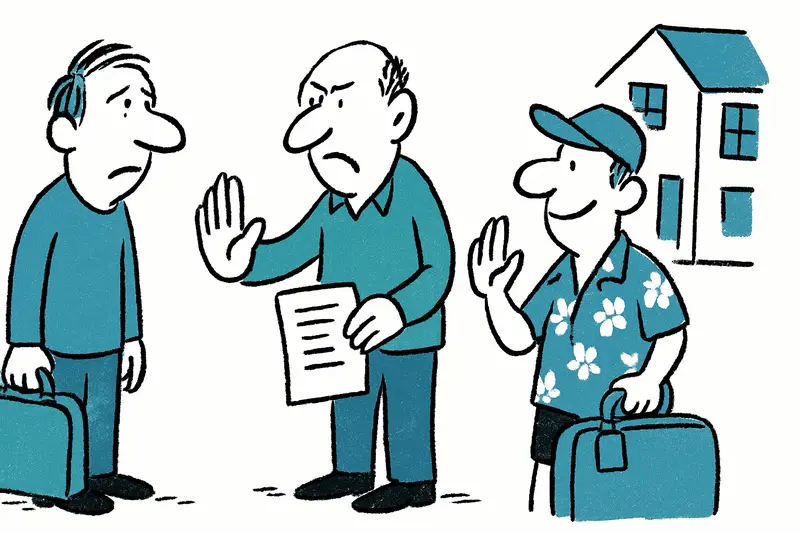
Illegal Subletting: When Long-Term Tenants Rent Rooms to Tourists
On Mallorca, more and more long-term tenants are cheating — they sign regular rental agreements and then secretly sublet...
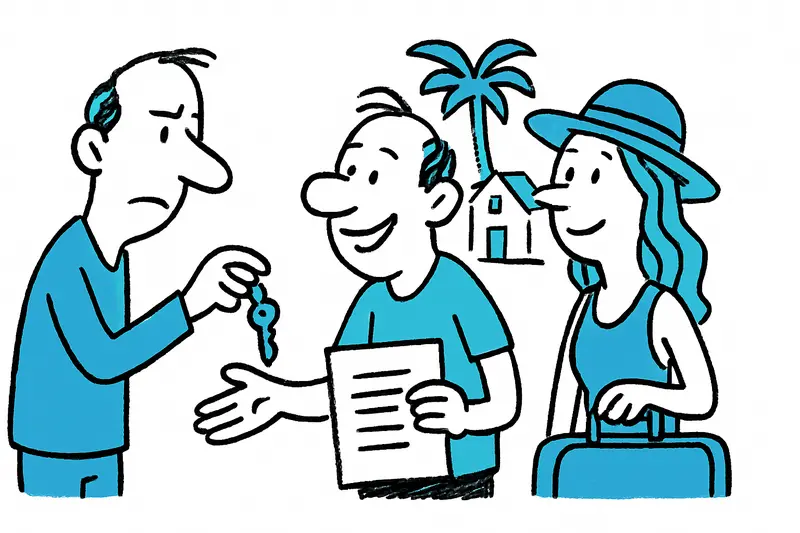
Illegal Subletting in Mallorca: When Long-Term Tenants Become Tourist Landlords
Increasingly, long-term tenants sign regular leases and then secretly rent the apartment to holidaymakers. Here's why ow...
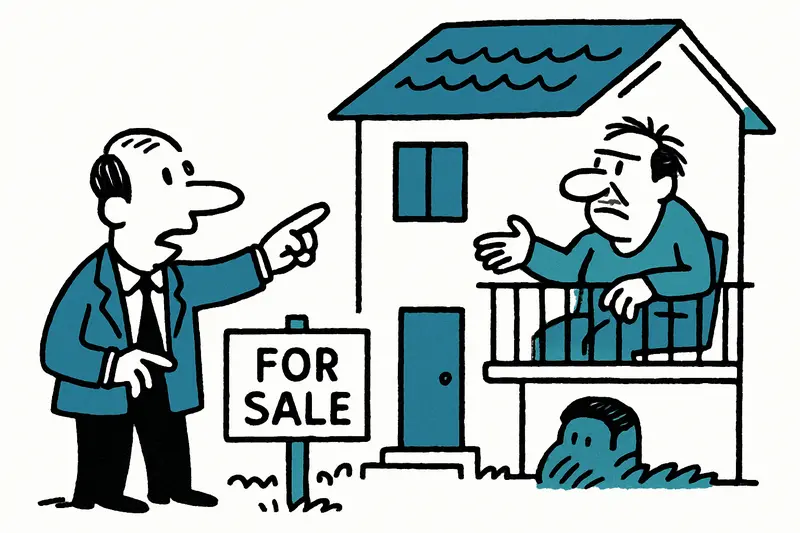
Nearly 500 Occupied Houses for Sale on the Balearic Islands – What It Means for Buyers and Neighbors
Currently, nearly 500 occupied properties are listed for sale on the Balearics. We explain how common this is, where it ...
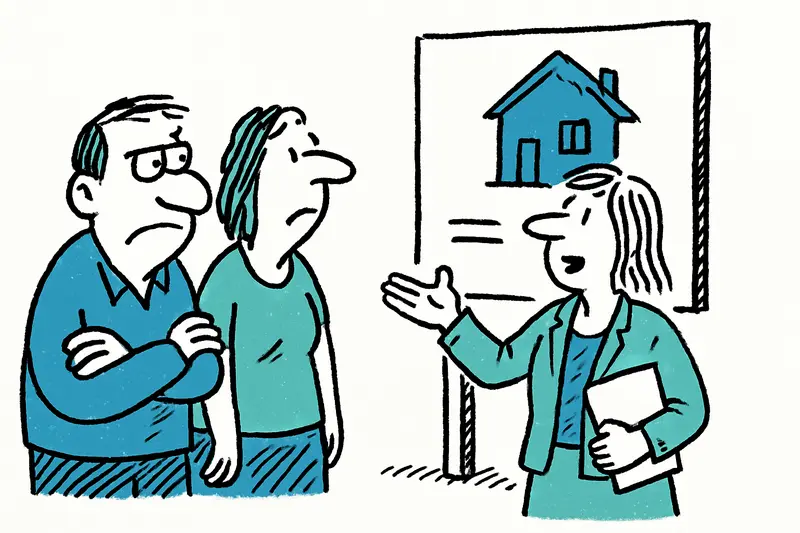
Fewer Foreigners Buy Real Estate on Mallorca – Prices Rise, Supply Shrinks
The Balearic Islands recorded a decline in foreign buyers in the first half of 2025. Reasons: rising price per square me...
More to explore
Discover more interesting content

Experience Mallorca's Best Beaches and Coves with SUP and Snorkeling

Spanish Cooking Workshop in Mallorca

